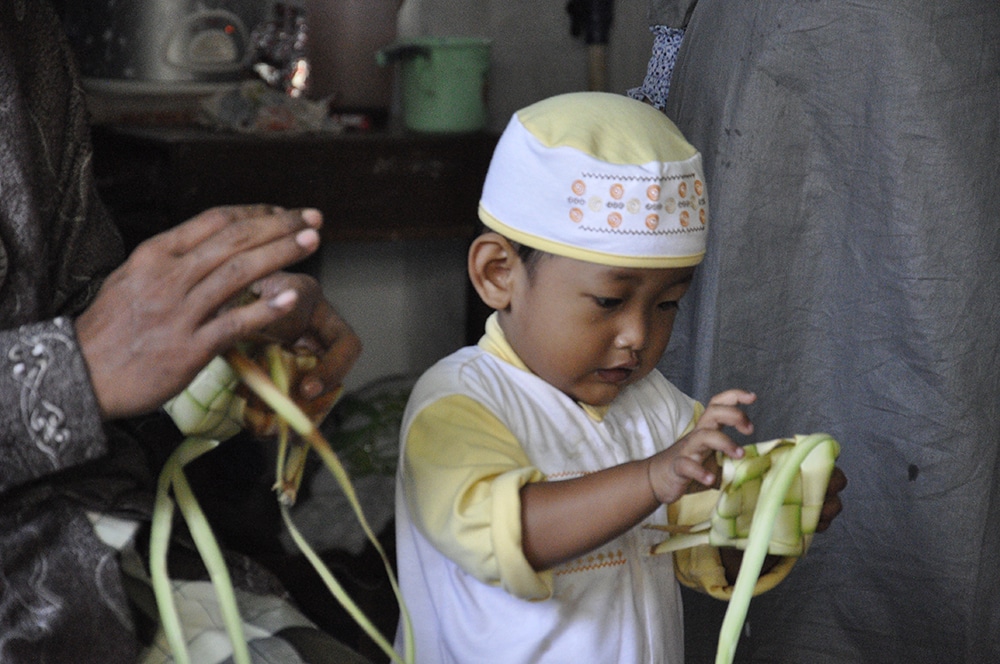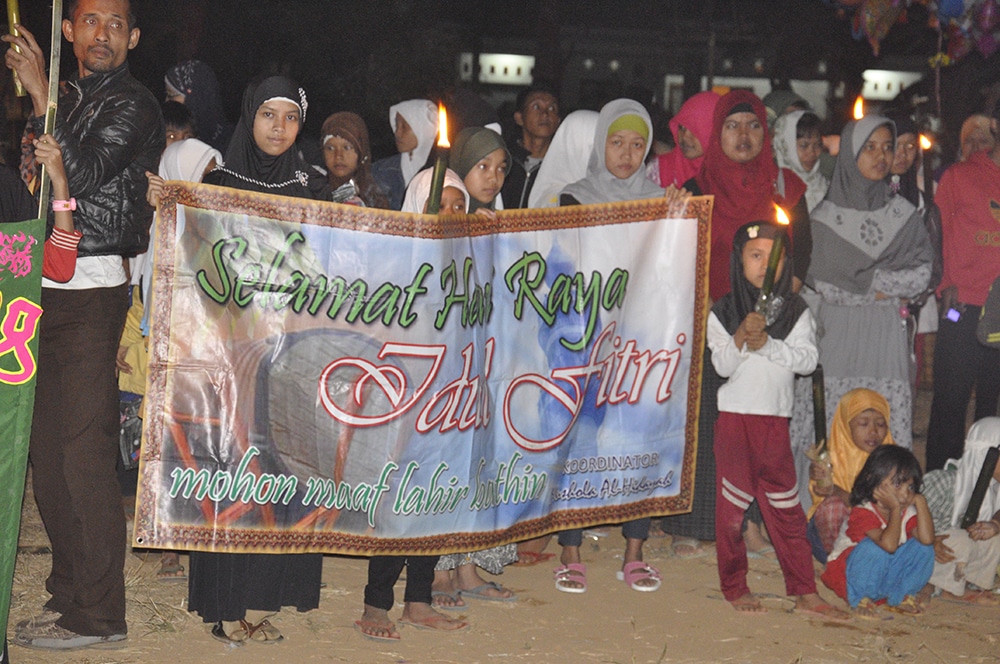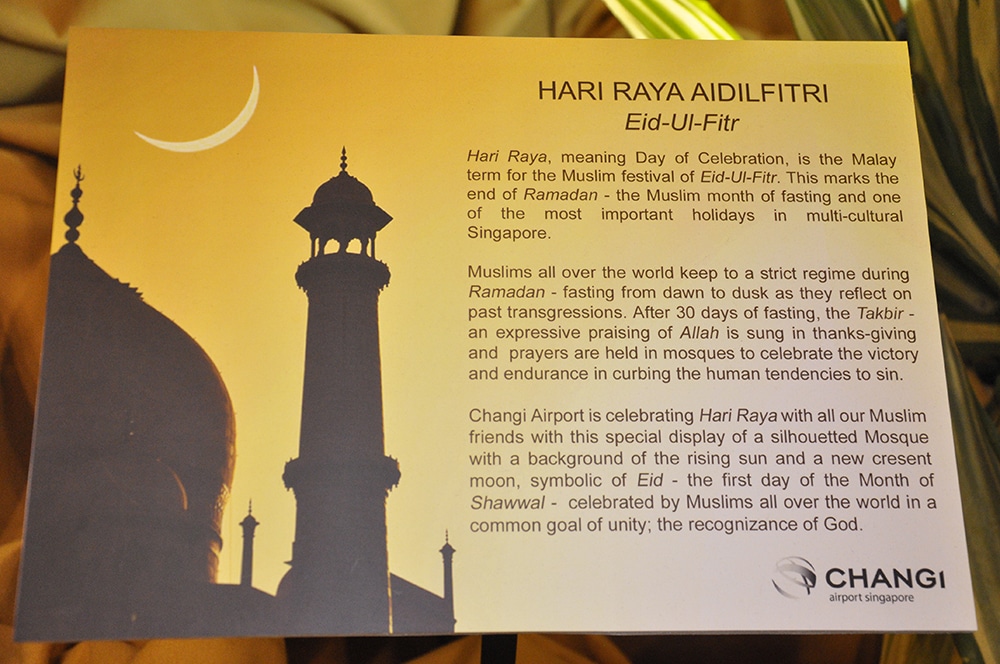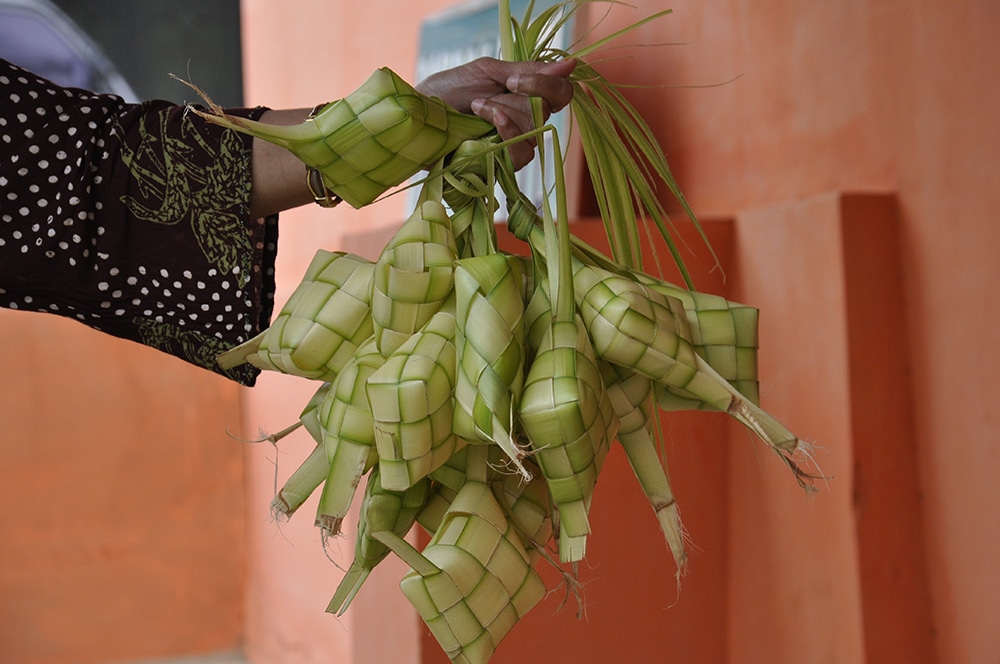 By Diana Coleman
By Diana Coleman
Assistant teaching professor in the Department of Comparative Cultural Studies
Dr. Coleman is a religion scholar who specializes in contemporary Islam, specifically Islam in Southeast Asia and North Africa.
Ramadan is the name of the ninth month in the Islamic lunar calendar. While most Muslims around the world use the Western Gregorian calendar in their daily lives, the slightly shorter Islamic calendar, which contains 355 days, is used to mark religious historical time, rituals and holidays. The month of Ramadan is a holy season for Muslims worldwide. If you are familiar at all with Ramadan, you might have noticed that the dates change each year, gradually moving earlier in the year. This is because the Islamic religious or Hijri calendar is about 10 days shorter than the Western Gregorian calendar. This year in the United States, Ramadan began March 22 and is calculated to end April 20. As the calendar is lunar, the exact dates depend upon lunar observation and vary slightly depending on geography and interpretation.

During the month of Ramadan, Muslims observing the daily fast do not eat, drink, smoke or engage in sexual relations from dawn to sundown. At the beginning of the month of Ramadan, that means a 12.5-hour fast for those in Flagstaff, and by the end of Ramadan, a fast of over 13 hours. One of the questions that students and the public ask, and then ask again in disbelief is, “Muslims cannot even drink water when fasting daily during Ramadan?” That’s correct. During the month of Ramadan, observant Muslims wake before sunrise to have a very early breakfast called suhoor. This hearty pre-dawn breakfast must sustain them through the long day of fasting. At sundown, many Muslims break the long fast with water and a few dates to slowly wake up their digestive system. After that comes a meal called iftar. Iftar dinner menus vary widely depending upon cultural norms, but tend to be shared with family, friends and community. Dinners are held in mosques, community centers, hotel banquet rooms, restaurants and family homes. Muslims greet one another with Ramadan Mubarak (Blessed Ramadan) or Ramadan Kareem (Generous Ramadan), and both are appropriate greetings from non-Muslims to their Muslim friends and neighbors. You can also ask what greeting they prefer, because this can differ depending on the linguistic and cultural community of origin.

Another common question is, “why do Muslims fast?” Fasting (Sawm) during Ramadan is one of the five pillars of Islam, important as a religious obligation. Muslims consider it a month of discipline and spiritual growth in which relationships are mended and strengthened and religious commitments forged. It is common for Muslims to devote time to read the Qur’an daily during Ramadan, to be more attentive to prayer times and to reach out to family, friends and neighbors with greetings, dinner invitations and special sweets for the season. Islam offers pragmatic accommodations for those who should not fast on a given day, season or at all. Those who are currently menstruating, pregnant or nursing should not fast. Travelers are exempted from fasting if they are on a trip that makes fasting impractical. The fast days missed should be made up after Ramadan. Muslims who have medical conditions that contraindicate fasting are excused, as are young children. While Ramadan might be seen by outsiders as a somber season of deprivation, that is not how it is viewed by most Muslims around the world. It is a highly anticipated annual season of connecting with loved ones on a nightly basis, practicing being one’s best self, deepening one’s connection to Islam and coming together for special dinners nightly.

Eid, an Arabic word, means celebration, feast or festival, and is used to denote religious holidays. Eid al Fitr, a holiday observed at the end of Ramadan, commemorates the breaking of the fast season. It occurs at the beginning of Shawwal, the next calendar month of the Islamic calendar. Eid typically lasts for one to three days, though some Muslim-majority countries have a longer public holiday observance. Many Muslims purchase new clothing in anticipation of the Eid celebration or wear their best clothes. The holiday begins with a communal prayer service at the local mosque, large event center or public park. The White House celebrates with a special dinner, and the U.S. Postal Service began issuing a Forever stamp with Eid greetings in 2016. Charitable giving called zakat is one of the five pillars and an important facet of Islam. Muslims are encouraged to donate to those in need throughout the year, but especially during this holiday season.
Another component of the holiday is the exchange of gifts. Children receive special gifts, which may include toys, electronics, crisp new bills, assorted candies and other sweets. Families hold open houses and/or visit their neighbors. If you are lucky enough to be invited to an Eid event, you can greet friends with “Eid Mubarak.” Though not required, you can bring sweets to share. Be sure to ask about religious dietary restrictions. Celebrations vary by region.
As I tell students, religion is culturally embedded, and Islam, a religion of nearly two billion people located throughout a vast range of geographies, is no exception. In Indonesia, Malaysia and Singapore, sparklers and fireworks light up the night sky in village, town and city spaces. Parades led by the young people of the communities who proudly carry torches, banners and flags wind through local streets dancing with ketupat, local decorations made from palm leaves that are also used to steam rice for holiday dinners. If you have Muslim friends or neighbors from Southeast Asia, be sure to wish them “Selamat Hari Raya!” (Happy holy day) for Eid al Fitr!




 By Diana Coleman
By Diana Coleman